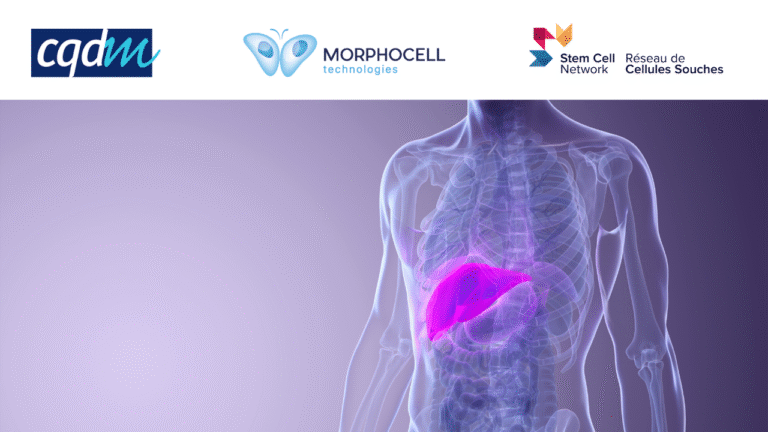Challenge: Endoplasmic reticulum (ER) stress occurs when the folding of secreted proteins within the ER lumen is disturbed. The unfolded protein response (UPR) comprises several mechanisms. These adaptive responses attempt to overcome ER protein folding disturbances to promote cellular homeostasis and cell survival. ER stress and the UPR are implicated in many diseases such as neurodegenerative and cardiovascular diseases, diabetes and cancer. This wide range of clinical indications underscores the need to identify small molecules to therapeutically manipulate the UPR in these ER stress-related pathologies.
Solution: ER quality control is a relatively new area of investigation and its manipulation represents a goldmine of new targets and drugs for the treatment of ER stress-related pathologies. In this project, the teams from McGill and Lead Discovery Center (LDC, a German partner company with an established track record of innovative drug development) are joining forces to develop a toolkit to enhance drug R&D in this field. The team is developing a series of novel techniques and reagents including high quality reporters and probes to detect ER-stress modulation and the impairment of protein trafficking and secretion.
Achievements/Impact: This project focuses on the development of a robust screening platform for the detection of new or repurposed compounds with ER-stress modifying characteristics. The platform may greatly facilitate the discovery of new targets and drugs for a number of disorders characterized by ER stress responses including Alzheimer’s and Parkinson’s diseases, acute stroke and heart disease.
| Principal Investigators: David Y. Thomas McGill University Bert Klebl Lead Discovery Center (Germany) |
| Completed Project |
| $975,000 / 3 years |
| Supported by CQDM through: – Merck – Pfizer – MEI |
| And by co-funding partner: – AIF (Germany) |




